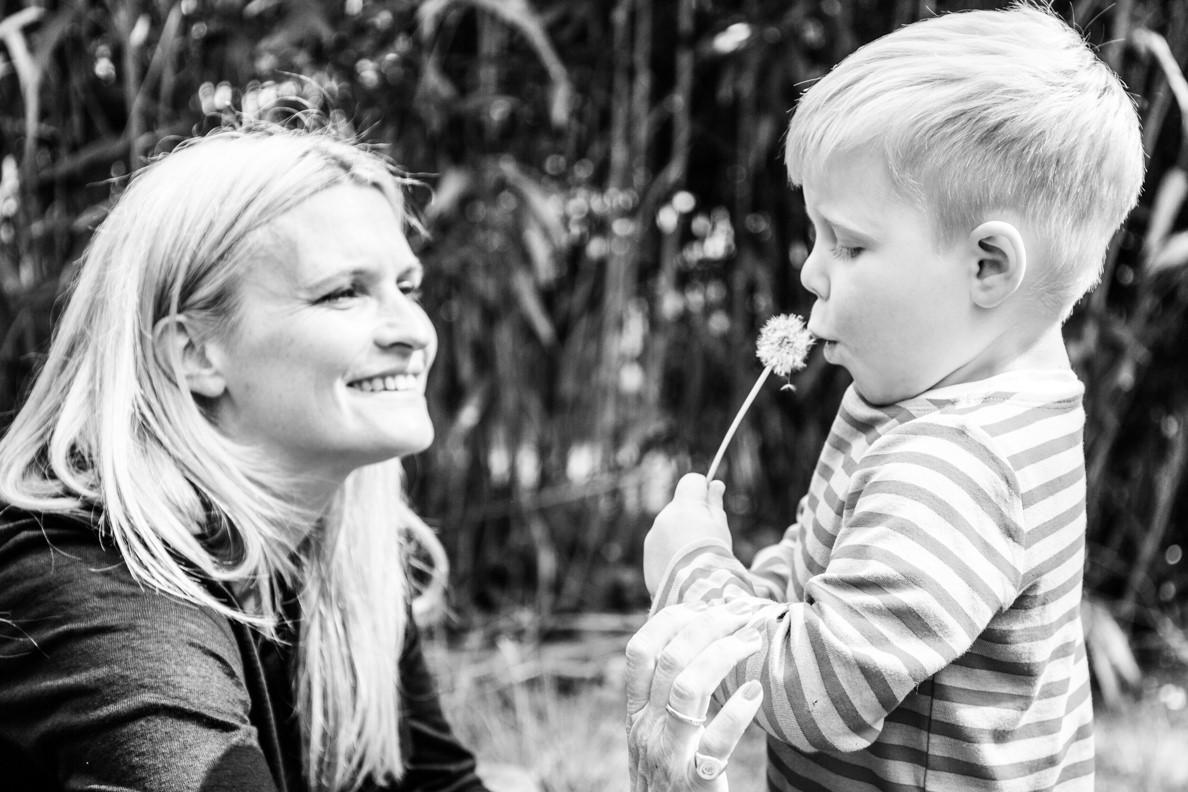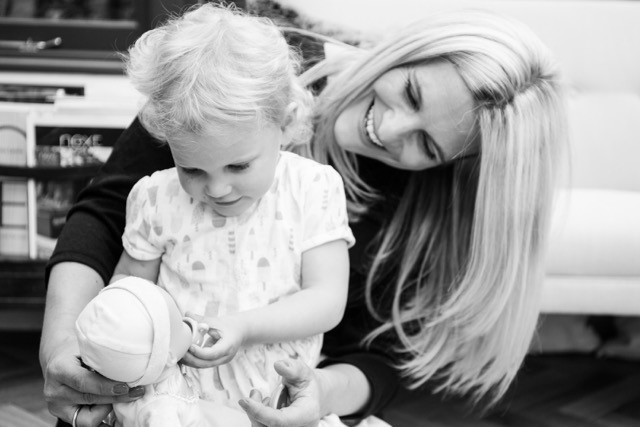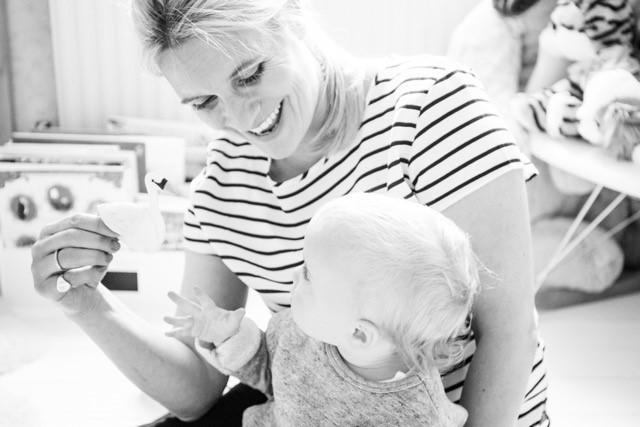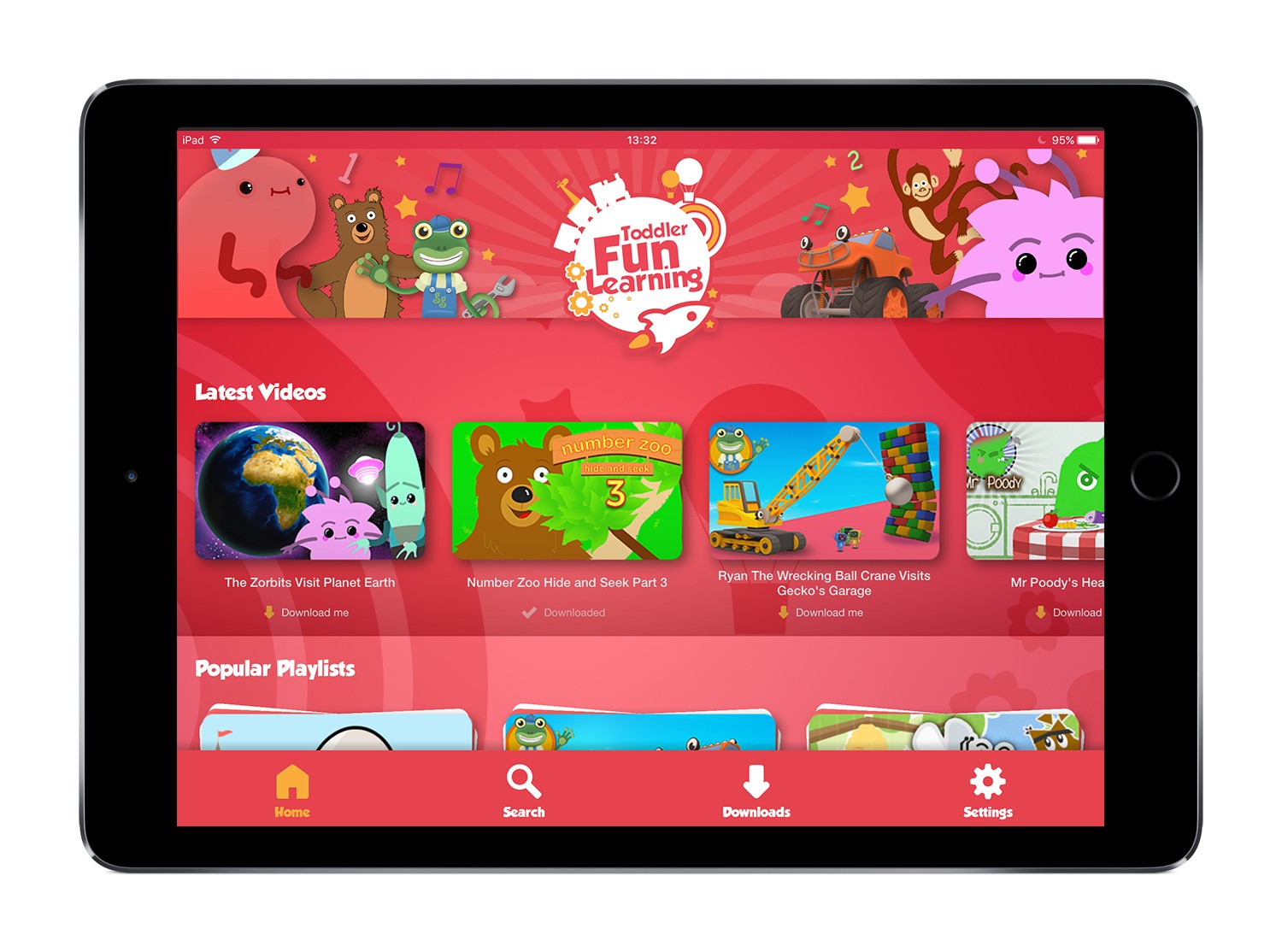Whether the holidays have started or about to commence, the transition is harder for us than the children. Whilst excitement may be running high before they break up, after a few lazy mornings and a bit of spontaneous fun, once the novelty wears off and the reality of it being like this for the next 6-8 weeks – we could all do with a bit of advice for a smooth transition.
Livvy Gormally is a Children’s Behaviour Expert and Parent Coach, mum of 3 and the founder of Let’s Ask Livvy. She offers personalised and child specific advice, skills and support to enabling parents to cope with their everyday parenting challenges. From tantrums to fussy eating, separation anxiety to anger management, Livvy has over 20 years experience as a behaviour specialist.

1. Going from term time to holiday time can be tricky- tired school weary kids are not as tolerant, may be quicker to get moody or squabble. So bear this in mind when planning activities for the first few days.
2. Also be kind to yourselves-tired life weary parents are also not as tolerant, may be quicker to get moody or squabble. So bear this in mind too when planning activities for the first few days.
3. Be realistic with your expectations- if your kids find it hard to play together after school, then it is unrealistic to expect them to play harmoniously all day during the holidays. Different aged kids access toys, games and free time in different ways so try to plan activities which are appropriate to their ages, interests and abilities to keep things running smoothly.
4. During holiday times some parents say they feel a pressure to fill the days with adventure-but this is often not what their kids want or need- sometimes kids just need to chill- so enjoy the odd pyjama day, say no to some activities or play dates and make sure your kids have time to rest and regenerate- rested kids are happier kids.
5. Always be mindful of what makes your family tick- as a mum of 3, 2 of whom are like energiser bunnies, they find chilling very hard and actually relax more when they have had a burst of activity- finding the balance for your kids is key.

6. When the holidays start the kids don’t always realise that “holidays” don’t really exist for parents- the expectation to stop everything versus the pressure of mounting jobs can be huge on parents, we all try to be master jugglers but try to be realistic with your time, the jobs that can’t wait, what you can fit into the day and the expectations of the whole family.
7. For many of us, the holidays means freedom and lack of time pressures, but switching from term time routines to holiday routine can be a challenge. Knowing what makes your family tick is important, if your family works better with routine the holidays will work better with a bit more structure. If your kids get “hangry” and need regular food to avoid mood swings, then your days will be easier if you keep to regular mealtimes.

8. Play to the strengths of your family- If your kids don’t function well when tired, accumulated late nights will have a negative effect on the whole family. This is not to say you can’t enjoy cinema night, or some meals out on holiday, it just means you have to be prepared and know that a siesta or and early night might be needed the next day to get everyone back on track.
9. Holidays tend to be more relaxed but try to avoid shifting boundaries. I recommend setting some clear holidays guidelines at the beginning of the holidays. Guidelines are most effective when they reflect your core values- this way it shouldn’t matter where you are or what you are doing- the things that are important to you as a family travel with you. For many of us extra treats, saying yes to things that would usually be a no, are what makes holidays fun- but they can also have a considerable impact on behaviour. If your reason for saying no to ice-cream on a normal day is because too much ice-cream has a negative effect on behaviour- you are not being mean if you say no when on holiday. Saying yes and veering too far from what makes your family tick may bring short term happiness, but remember the long game!
10. Whether it’s a trip abroad or a weekend with friends’ travel can be hugely stressful for parents and kids. Again, keep an eye on your expectations. If your kids argue on the school run it would be unrealistic to think that they can play happily in the car for hours on end or in the confined space of a plane. Think about where they sit, if you have the room to space them out a little a few inches can make all the difference! Try to be prepared, car games can be fun but often need adult involvement to keep them fun and fluid and often to mediate. If your kids are competitive remember that competitive games need more refereeing. Think about the timings of travel and how this might impact the kids and remember that even the best laid travel plans can go wrong so be prepared with extra snacks and activities and use technology if that works for you.

11. If you want to limit screen time, limit it to the times when you need the kids to have it- such as the end of a journey when everyone is tired and bored, you’re a tiny bit lost, and you can’t face game number 200 of eye-spy. Toddler Fun Learning has created a great app for younger kids, it has fun educational content and the bonus feature of a timer function that allows you to set how much screen time you want the kids to have. The timer goes off, the app sings a goodbye song and screen time finishes- very handy for reducing the all too common “just one more minute” debates.

12. Rewards and praising the positives-don’t assume that holidays are fun for all kids. Some children find it really challenging to occupy their time without direction or adult support. Some kids need to learn how to play and occupy themselves. So make sure to have realistic age appropriate expectations and to praise them when they are playing nicely or occupying their time positively.
13. Be careful of the “no/don’t” cycle. Try to praise and give attention to the behaviours you want to see more of and think about how your praise is delivered. For example – if rewarding nice playing- “well done for playing nicely” will encourage more positive behaviour change and delivers a more positive message than “well done for not fighting.” Of “if you play nicely now you can watch a little TV later” delivers a more positive message and elicits more positive behaviour change than “if you don’t fight for 10 mins you can watch a little TV”.
Sounds simple enough – let’s see if we can remember this in the heat of the moment! Happy holidays all xx
To contact Livvy or to for more advice, check out her website Let’s Ask Livvy.

No Comments